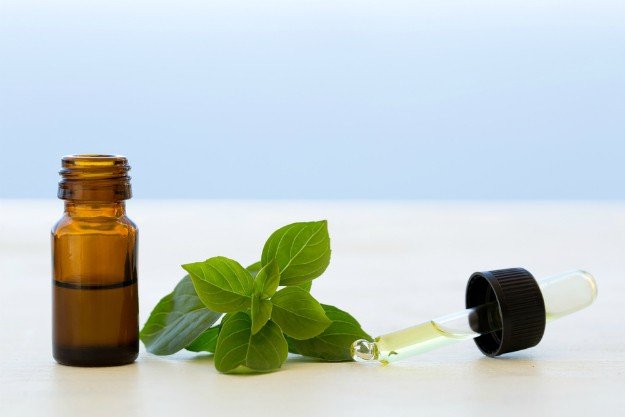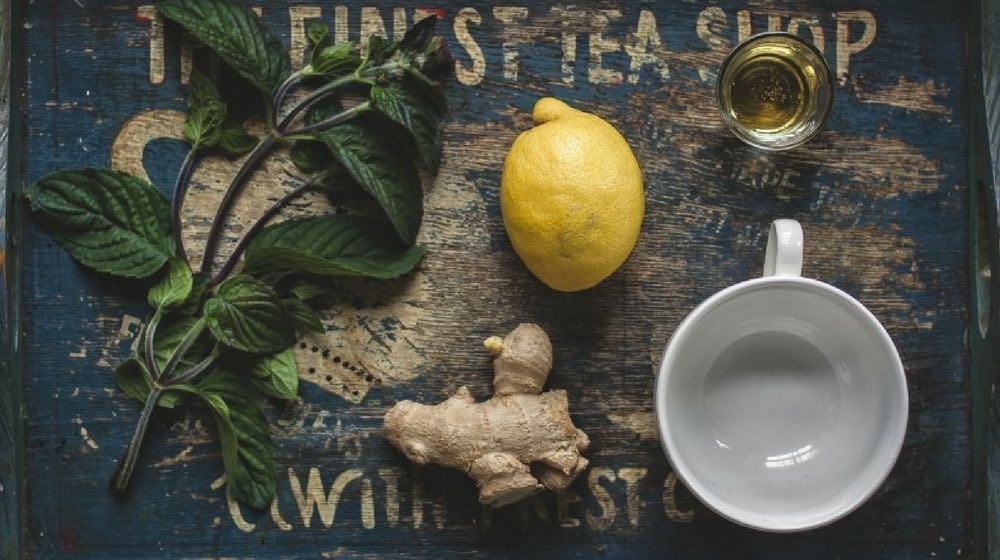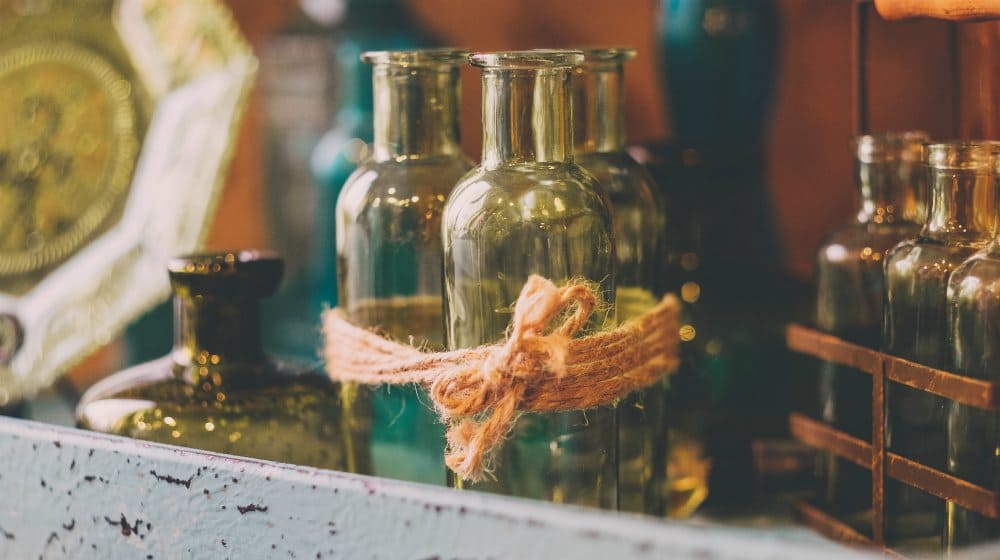It is important to know the difference between essential oil vs extract. This is not only true for beauty products but as well in other blends that you use for relaxation, aromatherapy, and food preparation. Bustle helps us differentiate the two.

Essential Oil vs Extract| What Everybody Needs To Know
I am a huge fan of essential oils. But there have been a number of times when I’ve read an ingredients list on a skin-care product and seen the name of something I expected to be an oil that was actually an extract. So it got me wondering: What’s the difference between extracts and essential oils anyway? Grapefruit essential oil and grapefruit extract both smell delicious, but do they play the same role in skin care? To find out, I emailed with a couple of experts.
Extract and essential oils are both natural substances from plants, fruits, barks or roots. Both also offer therapeutic and health-enhancing?benefits. However, knowing the difference between essential oils vs extracts are not definitive for some. These differences may be the edge in finding whether an extract or an essential oil might be the best solution for a function you need to address.
One of the most popular #essentialoils, lavender is excellent at healing skin irritations and is also a wonderful way to reduce #stress. pic.twitter.com/86iUASF5qP
? Anjie Cho (@HolisticSpaces) June 15, 2017
Essential Oil vs Extract: The Difference
The main difference between extract and essential oils is their?production method. Extracts undergo infusion. The process is like creating tea, where water, alcohol and the plant are boiled to achieve the desired solution. Essential oils are produced by gathering the steam produced during distillation. Comparing the two, essential oils are pure in nature while extracts are already diluted.
As for effectivity, essential oils offer better effectivity compared to extracts. In some cases, essential oils cannot be extracted from a plant, thus resorting to extracts instead.
When used for skin care, it is really hard to define whether a specific product contains an extract or an essential oil as an ingredient. There is no sure way to identify this, especially when mixed with other products. This is why Bustle recommends checking the labels of the skin products you use. It is also important to buy from a trusted source to ensure you are getting exactly what you need.
Head to head, essential oil wins over extracts when it comes to reliability and faster results. However, in most cases, essential oils are recommended to be diluted with a carrier oil.
Essential Oil vs Extract: Which is Best?
Sophora Japonica Extract Food Grade #Rutin 98%#Herbal #Herbalife #extract #Healthy #supplements pic.twitter.com/euFsw3dHT8
? Pelly Sue (@NaturalHealth9) June 20, 2017
Both extract and essential oils offer natural healing and therapeutic benefits. However, they are different in their own ways. There are times where some oils may work more effectively for you than others. So, whether you?re looking to use essential oils for therapeutic, healing, or skin care solution, it is highly important you understand how to use each of these essential oils in the most effective and safest way. Although both natural products are safe and effective to use, essential oils outweighs the benefits extracts offer.
Watch this video about rose oil extraction process at home:
Are you an extract or an essential oil user? Share your experience in our comments section!
Having a hard time sleeping? This article on 10 Essential Oils for Sleep might help!?
We may earn a commission for purchases made using our links. Please see our disclosure to learn more. We appreciate your support SO very much.










